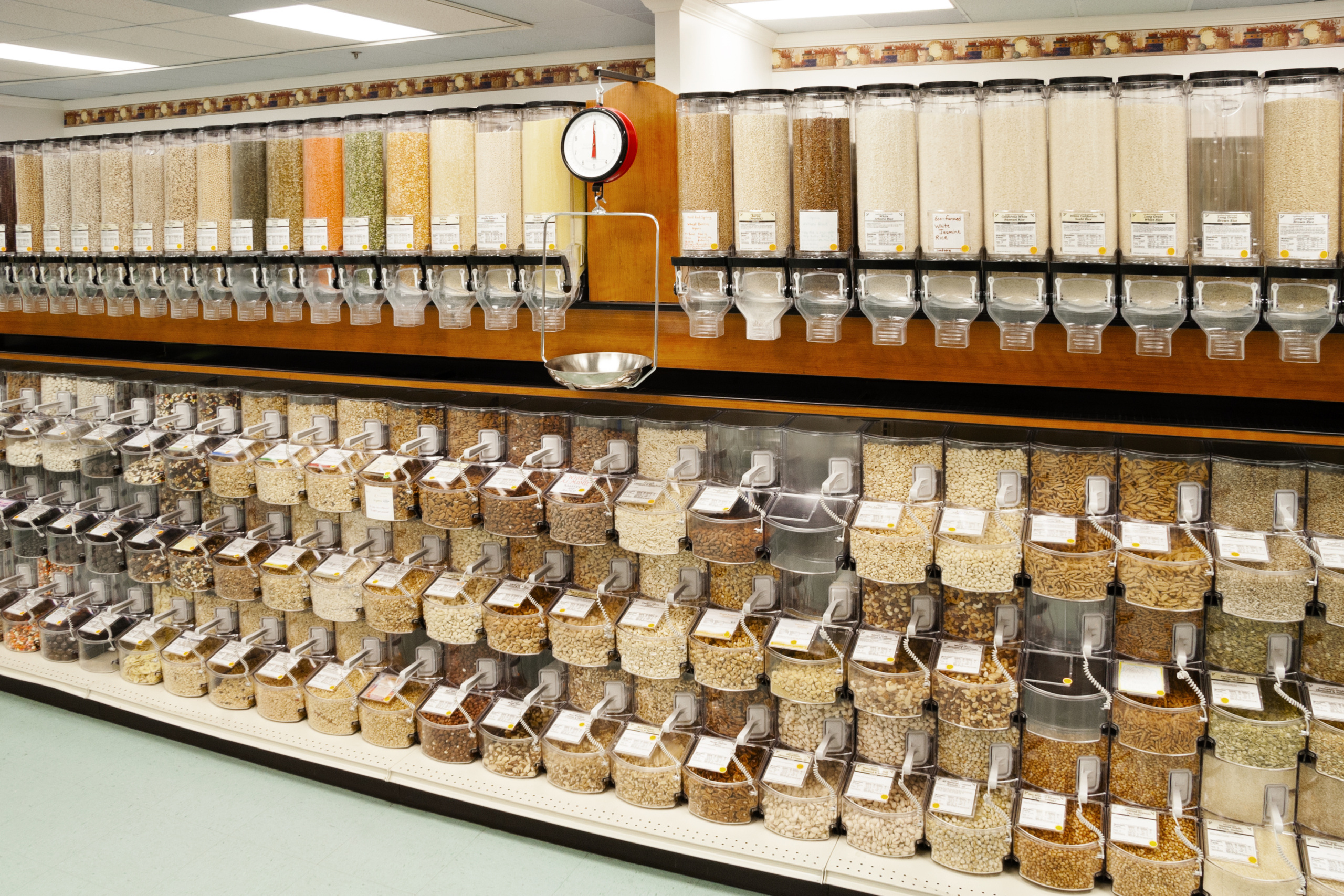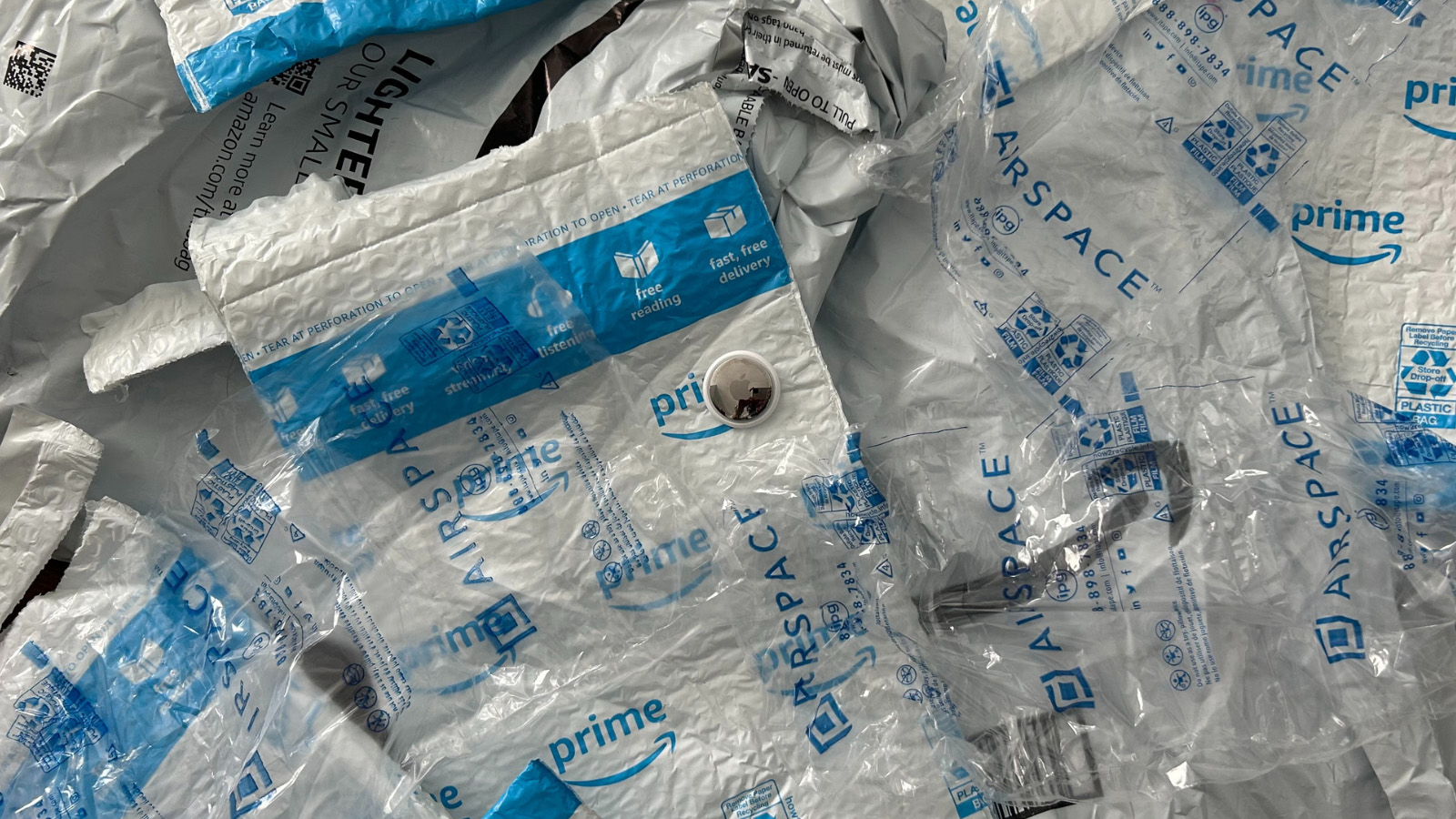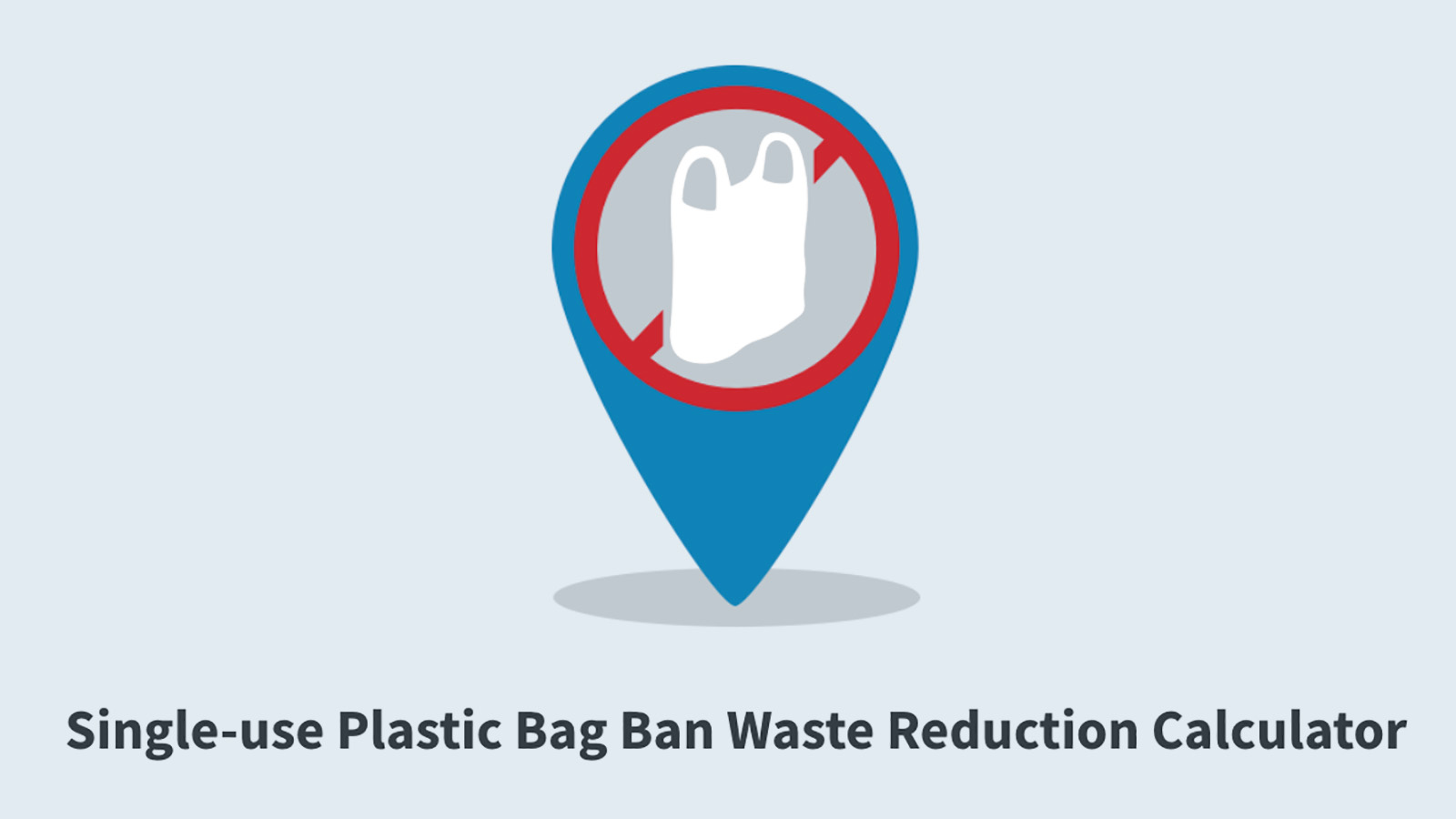
October 2020 Letter to Whole Foods
Environmental groups call on supermarket to put Planet over Plastic
Today, we face a plastic pollution crisis that threatens wildlife, wild places, and the health and wellbeing of our communities. Whole Foods’ efforts to reduce its plastic footprint, which include recycling and lightweight plastic initiatives, must be expanded to remove single-use plastic items from its shelves.
Downloads
October 9, 2020
Dear Mr. Mackey:
Today, we face a plastic pollution crisis that threatens wildlife, wild places, and the health and wellbeing of our communities. Every minute, the equivalent of one garbage truck load of plastic waste flows into the world’s ocean, where it is ingested by dolphins, chokes turtles, and even causes seabirds to starve. A major contributor to plastic pollution is single-use packaging, much of it used for just a few minutes before entering our landfills, rivers, and ocean.
Whole Foods’ efforts to reduce its plastic footprint, which include recycling and lightweight plastic initiatives, must be expanded to remove single-use plastic items from its shelves. According to the EPA, only 13% of plastic packaging is recycled, while the remainder is incinerated or landfilled. To solve the plastic pollution crisis, supermarkets must adopt reusable and refillable packaging that prioritizes low- to zero-waste product delivery, replacing single-use packaging with a sustainable model. To address the long-term, growing problem of plastic pollution, we urge Whole Foods to continue what it started in 2008 when it became the first U.S. grocer to eliminate plastic grocery bags.
Ultimately, we want to see Whole Foods Market to eliminate all single-use plastic packaging from your shelves. And in the shorter-term, we ask that you commit to the following concrete, verifiable steps by the end of this year. They are:
1. Reduce by 25% the number of single-use plastic packaging units sold by the 365 Everyday Value
and Whole Foods-branded product lines each year by 2025.
2. Generate 15% of your annual revenue from the sale of products sold in reusable or refillable
packaging by 2025.
3. Publicly report the gross weight and units of plastic packaging sold each year by the annual
shareholder meeting in May 2022.
As you know, customers value Whole Foods as a company that puts the planet before profits by emphasizing organic food, healthy living, customer satisfaction, quality and sustainability. Given the scale of the plastic pollution crisis that threatens our wildlife, wild places, and public health, taking action to reduce your company’s plastic footprint is critical to the integrity of the Whole Foods brand. Whole Foods has already demonstrated its leadership by being the first national grocer in the U.S. to ban plastic straws, but more is needed.
Now, we urge you to step up your leadership by engaging your private-label brand and national brand suppliers in achieving an overall reduction in single-use plastic packaging units sold. In a ranking by As You Sow, Whole Foods received an “F” for its failure to reduce plastic pollution, falling behind other major retailers such as Walmart, Costco and Kroger. This trend was also reported in Greenpeace’s supermarket plastics scorecard in which Whole Foods lost many points for a lack of corporate policy and transparency on reducing your plastic footprint.
This is doable. The regional grocery chain Giant Eagle has committed to eliminating all single-use plastic in its operations by 2025; now we need a national grocer to make similarly ambitious commitments.
Whole Foods Market needs a response that matches the severity of the plastic pollution crisis. Wildlife, wild places, and our communities depend on your leadership on this issue.
Respectfully,
Steve Blackledge, Conservation Director, Environment America, [email protected]
Alexandria Gordon, Chapter Chair, Florida PIRG Students
Alex Truelove, Director, Zero Waste Campaign, U.S. Public Interest Research Group
Caroline Munn, Chapter Chair, CONNPIRG Students
David Pinsky, Senior Plastics Campaigner, Greenpeace
Elizabeth Radcliffe, Board Chair, OSPIRG Students
Emily DiFrisco, Director of Communications, Plastic Pollution Coalition
Caitlyn Sigafose, Student Chair, NC Student PIRG
Nicolas Perry Riani, Board Chair, CALPIRG Students
Topics
Find Out More


Truth in recycling

Plastic bag bans work


